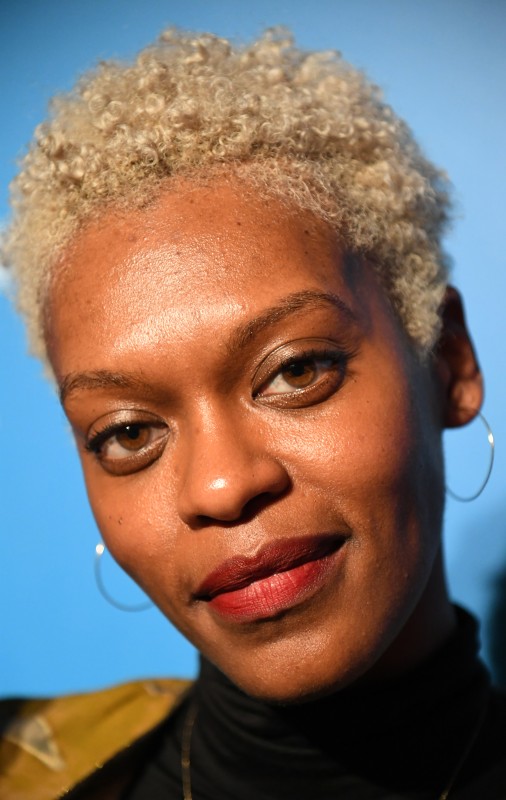
Meet Faren Humes. She be doing it–despite obstacles put on Black filmmakers, especially when they are women, Faren makes fresh films out of seemingly mundane matters.
Her work both clarifies and mystifies. Clarifies in the sense that she delves deeply into reality and presents an analysis as well as emotions that help us understand. Mystifies in the sense that she is often plowing fields most of us would find foreign and completely outside of our culture and daily existence.

I was bowled over by the breathtaking density of sacrifice and struggle that is exemplified in her film short. Our Rhineland is about Afro-German sisters with contrasting ideas about how to deal with Nazi era authoritative restrictions and stulifying constrictions. This investigation specifically focuses on the issue of sterilization, which the Nazis did to those they identified as “mixed-race women”.
While it may seem both sensible and tempting to keep your head down and go along to get along, accommodation and attempts at assimilation are generally at the cost of essential aspects of one’s personality and existence.
Liberty offers a peek inside, however, Faren is not a tour guide. As you watch and react, you have to figure out for yourself the meaning of what you see, especially as you are often looking at people, places, events about which you know very little–notwithstanding our experiential ignorance, we are nevertheless captivated by what Faren shows.
Liberty is a study for a feature length project that will deal with gentrification and other social issues forced on Black residents of an imp0verished Miami neighborhood. Rather than portray the youth as broken and hopeless, Liberty exudes the vibrancy and resilience of the youthful girls boldly facing an uncertain future.
Here are a revealing blog and production notes about the making of Liberty.
Faren Humes has an innovative approach to film-making. She is a creative griot who tells the story with a minimum of narrative moralizing. The images say it all. The question is not what it means but really, are we listening? Are we even trying to understand those who are different from ourselves?
